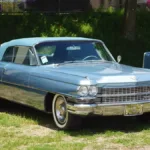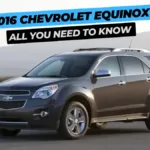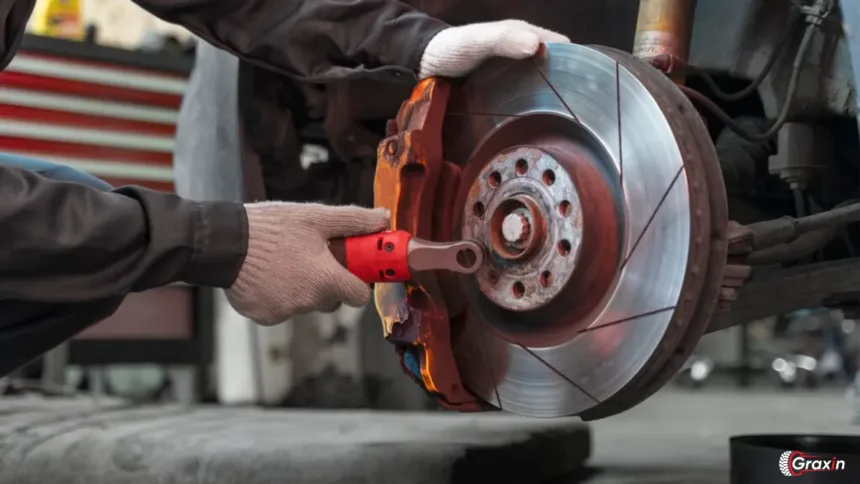Hey there, fellow road warrior! If you’ve ever cringed at the sound of your car’s brakes squealing like a banshee, you’re not alone. Trust me, I’ve been there too riding along, minding my own business, when suddenly my car starts screeching like it’s auditioning for a horror movie. Not exactly the smooth ride I was hoping for! So, let’s dive into the nitty-gritty of squealing brakes why they happen, how to fix them, and how to keep them quiet.
What Causes Squealing Brakes?
So, why do brakes make such a racket? It’s not because they’re trying to compete with your favorite tunes on the radio. Here’s a breakdown of the usual suspects.
1. Worn Brake Pads
First off, worn brake pads are the number one culprit. Think of brake pads as your car’s best friends. When they get old and tired, they start to show their age kind of like that old pair of sneakers you refuse to toss. They come with these little metal indicators that go “Hey, I’m done!” when they get too thin. And that’s when the squealing starts.
- Personal Anecdote: I remember a road trip where my car decided to serenade me with squeaks every time I slowed down. By the end of the trip, I felt like I had a live band in my backseat! Turns out, the pads were shot and needed replacing. Lesson learned: don’t ignore the warning signs!
2. Dust and Debris
Next up is dust and debris. Just like your house, your brakes can collect dirt. If you’ve ever driven on gravel roads (you know, those “adventurous” paths that seem like a shortcut), you might’ve kicked up some dust that now wants to crash the brake party. This can get caught between the rotor and pad, leading to that lovely squeal.
- Tip: A quick clean can do wonders. Think of it as giving your brakes a spa day just without the cucumber slices!
3. Moisture
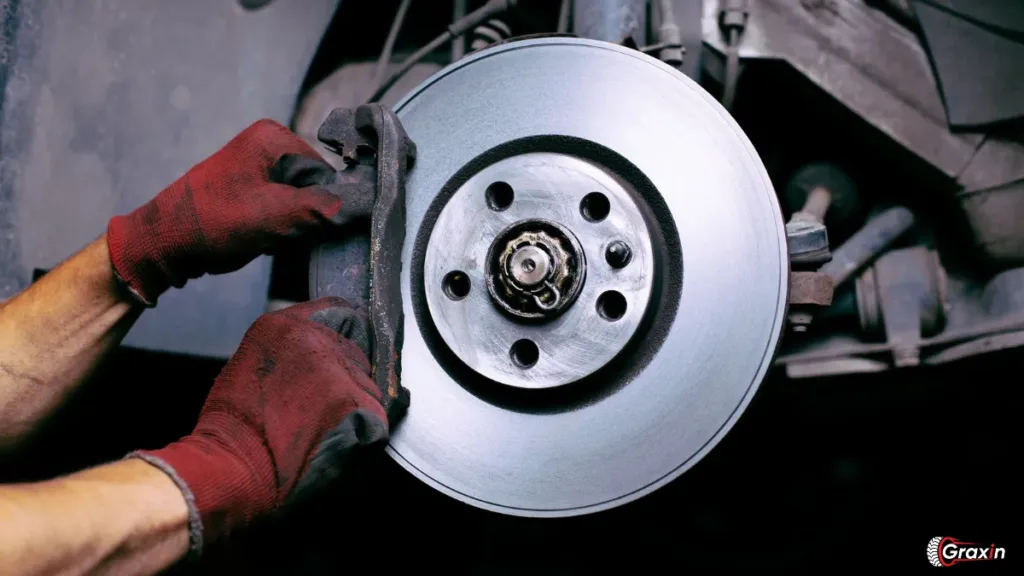
Now, let’s talk about moisture. If your brakes start squeaking after a rain shower, it’s probably just a little rust forming on the rotors. It’s like when you step outside after a rainstorm and your hair decides to go wild. Don’t sweat it; it usually goes away after a few stops.
- Funny Thought: Imagine your car saying, “Oh no, not another rain check!” while it squeals. Classic.
4. Poor Installation
Here’s a fun one: poor installation. If you’ve recently had your brakes serviced and they’re still squealing like a chorus of cats, it might be time to check the work. You wouldn’t want a half-baked job on your brakes, right?
- Example: I once had a friend who got their brakes done and ended up with squeals that sounded like a broken record. A quick trip back to the mechanic revealed they’d installed the wrong pads—oops!
5. Lack of Lubrication
Ever tried to run a marathon with dry skin? Not fun, right? Well, that’s what your brakes feel like without proper lubrication. If the anti-squeal shims and caliper slides are bone dry, they’ll start making noise.
- Quick Tip: A little dab of brake grease can turn your car into a silent partner on the road. It’s like giving your brakes a little hug!
6. Hard or Low-Quality Brake Pads
Finally, let’s chat about brake pads that are just plain low quality. Cheap pads can wear out quickly and create a racket that’ll make your neighbors question your life choices. Investing a bit more can save you a lot of hassle down the road.
- Note: Think of it this way: spending a little more on quality is like paying for a good pizza. It’s worth it for the taste!
The Impact of Squealing Brakes on Vehicle Performance
Now that we’ve pinpointed the culprits, let’s explore how squealing brakes can affect your ride. Spoiler alert: it’s not great!
1. Reduced Braking Efficiency
First off, squealing brakes can mean reduced braking efficiency. If your pads are worn down, you may find yourself needing more space to stop. And let’s be real: nobody wants to play “how close can I get to that stop sign?”
- Safety Alert: If your brakes are squealing, it’s like a neon sign saying, “Help! I need attention!” Don’t ignore it your safety depends on it!
2. Increased Wear on Components
Ignoring the squeal can lead to more damage. If your pads are grinding against the rotors, you could be looking at costly repairs later on. Just like your car is a treasure, don’t let it turn into a money pit!
3. Compromised Driving Comfort
A car that sounds like a banshee isn’t a comfortable ride. It’s distracting, and you might find yourself cringing every time you hit the brakes. Not exactly the zen experience we’re after, right?
4. Lower Resale Value
And if you’re thinking about selling your car, squealing brakes can drop your resale value faster than a hot potato. Buyers will see those warning signs and think, “No thanks!”
How to Fix Squealing Brakes
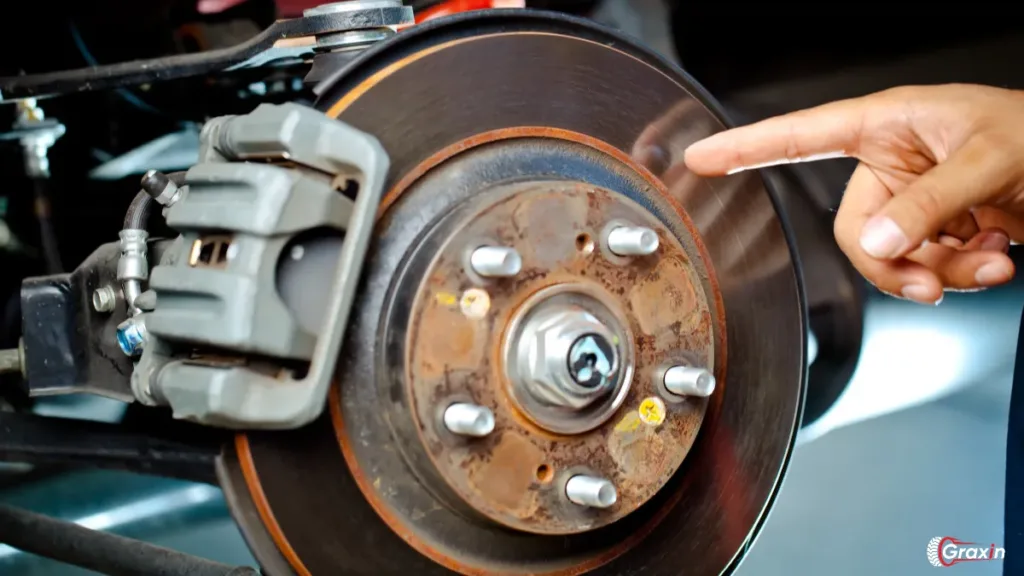
So, you’ve got squealing brakes now what? Here’s how to tackle the problem without pulling your hair out.
1. Inspect and Replace Brake Pads
First off, if your brake pads are worn, it’s time for a change. Here’s a quick DIY guide to get you started:
- Materials Needed:
- New brake pads
- Jack and jack stands
- Wrench set
- Brake cleaner
- Lubricant
- Steps:
- Safely jack up your vehicle and remove the wheel.
- Check the brake pads if they look thinner than a pancake, it’s time to swap them out.
- Give everything a good clean and apply lubricant before putting it all back together.
2. Clean the Brake Components
If dirt is the problem, clean those components! Grab some brake cleaner and a brush, and go to town.
3. Lubricate Components
If you suspect dryness, a little brake grease can quiet those squeaks. Just don’t overdo it this isn’t a lube party!
4. Seek Professional Help
If all else fails, don’t hesitate to call in the pros. A good mechanic can spot issues that you might miss and fix them up right.
Preventing Squealing Brakes
Now that you’ve tackled the squeals, let’s talk prevention. Here are some tips to keep your brakes in tip-top shape.
1. Regular Maintenance
Just like going to the dentist, regular brake checks are crucial. Inspect them every so often to catch issues before they escalate.
2. Choose Quality Parts
Invest in high-quality brake pads. Remember, a little more now can save you a lot later. Quality really counts!
3. Drive Mindfully
Try not to slam on the brakes like you’re in a high-speed chase. Smooth driving goes a long way in keeping your brakes happy.
4. Avoid Wet Conditions
If you can, steer clear of driving in super wet conditions. It’ll help minimize that moisture-related squeal.
Conclusion
Squealing brakes can be annoying, but with a little know-how, you can keep your car humming along in silence. Whether it’s worn pads, dust, or just a bit of rust, addressing the issue quickly can save you from a world of trouble. So next time your brakes start singing, remember: it’s not just noise; it’s a message. Listen up, take action, and enjoy the ride!
FAQs
1. Why do my brakes squeal when I first start driving?
Usually, it’s just moisture on the rotors or a bit of rust. It’s nothing to panic about; it should clear up once you start driving.
2. How often should I replace my brake pads?
It really depends on how you drive, but checking them every 10,000 miles is a good rule. Replace them every 20,000 to 50,000 miles, depending on wear.
3. Can squealing brakes indicate a more serious problem?
Absolutely! Squealing can mean worn pads or other issues. It’s best to have a pro take a look.
4. How can I make my brakes quieter?
Using quality pads, keeping them clean, and applying lubrication can all help quiet the noise.
5. Is it safe to drive with squealing brakes?
For a short while, it might be okay, but it’s not a good idea long-term. Get those squeaks checked out to stay safe on the road!
Also Rea: Ethanol vs Non-Ethanol Gas: Which Is Better for Your Vehicle



